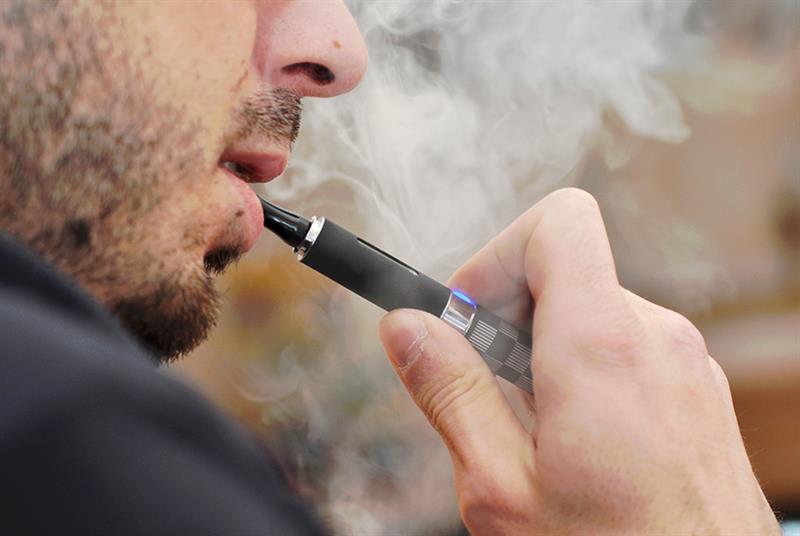New NICE draft guidance has said that healthcare professionals can recommend e-cigarettes, or vaping devices, as a means to help patients stop smoking.
E-cigarettes or vaping devices are not licensed as medicines, but they are regulated by the Tobacco and Related Products Regulations. Unlike NRT they are not available on prescription, however NICE said that people should be able to use them to help stop smoking if they wanted to do so.
It added that combining behavioural support with either NRT or e-cigarettes was more likely to help people successfully stop smoking than vaping or NRT alone.
Further research
Patients who do choose to use e-cigarettes to help them quit should be warned that the long-term health impacts of their use is still unknown, NICE said. Patients should also be told where to find advice on how to use them and told to stop smoking completely if they decide to use e-cigarettes.
NICE recommended that further research should be undertaken in this area, including on whether vaping devices could be used in pregnancy.
However, the guidance highlighted that the MHRA was monitoring possible short- and long-term harms of e-cigarette use and, as at March 2020, ‘no major concerns had been identified’. It recommended that healthcare professionals providing stop smoking advice should report any adverse events as a result of e-cigarette use.
The guidance also makes a series of new recommendations to identify and support pregnant women who smoke, inlcuding that all pregnant women have routine carbon monoxide testing at antenatal appointments to assess their exposure to tobacco smoke.
NICE has also recommended that stop smoking services provide voucher-based incentive schemes worth up to £400 to help pregnant women quit, arguing that such an approach was ‘both effective and cost effective’.
Incentive schemes
Women would only receive the vouchers if their smoking status was validated, such as by a carbon monoxide test, according to the guidance. However, NICE acknowledged that such tests may not be possible during the pandemic and ‘while this is the case vouchers are recommended even if biochemical validation is not possible’.
NICE’s Centre for Guidelines director Dr Paul Chrisp said: ‘Smoking accounts for approximately half the difference in life expectancy between the richest and poorest in society. It is therefore vitally important that we reduce the level of smoking in this country.
‘We know that around 10% of women are known to be smokers at the time of giving birth and, given the significant health effects of smoking on both mothers and babies, it is clear that further efforts are required to encourage this group to give up smoking.
‘We need to use every tool in our arsenal to reduce smoking rates, including education, behavioural support, financial incentives, and e-cigarettes if people are interested in using them. Combined, we hope that people who smoke will feel enabled to give up tobacco products once and for all.’

